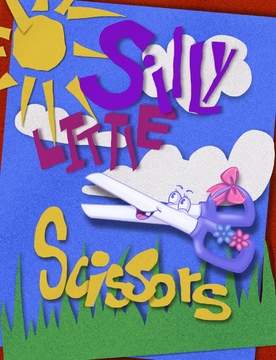Is it really possible for kindergarteners in disadvantaged neighborhoods to learn to read in kindergarten? Does learning to read have to be super stressful? Does it have to take up so much time that our children can’t play, have fun and enjoy their kindergarten experience? If so, then I’d say, learning to read in kindergarten has to go! I’d rather have my kindergarteners enjoy their experience rather than be stressed about learning to read, write and spell. Sitting ALL day and worried about writing, reading and spelling is just NOT fun for little ones and for teachers.
But wait! What if we can do both! What if our kindergarteners, like homeschooled kids, can learn to read and also have plenty of time for projects, fun and play! Can we do both? Can teachers manage this?
Below is a video which shows my kindergarteners reading at or above grade level at the end of the year. One well meaning viewer objected to this video because it shows my kids actually reading rather than playing. Here’s what I wrote in response:
Your concerns about these little ones are understood. I, also, believe kindergarteners ought to develop in an age appropriate setting.
Consider the following: This class got 30 minutes of free play outside daily (remember this is Bushwick, play time outside is on concrete with a little jungle gym.)
And 15 minutes for snack.
And 30 minutes of free play including kitchen time, costume time, block time and puzzle time.
Consider this: The program we used, Sing, Spell Read & Write (SSR&W) is fun! (Really!)
The class learned through singing, dancing and playing games. Learning to read is fun with this program.
There is absolutely NO Drill and Kill with sight words. No boring reading of the sight words on the word wall over and over and over and over….forever!
Consider this: These little ones you see here, when asked what they wanted to do, would beg for the books in the SSR&W literacy center. Really!
And during free play, they would play “reading group.” 🙂
Consider this: These little ones you see here, do not have books at home.
Consider this: These little ones begged to take the books home to read to their parents.
Consider this: The charter schools are spending 4 hours a day, learning to read, whereas we only spent 1 hour of reading group time and 30 minutes of singing daily.
Consider this: This class is a “Responsive Classroom,” we enjoyed morning news time and plenty of fun nursery rhyme time.
Consider this: The other kindergarten classes were stressed out using an ineffective Basal program that did not yield great results.
Your point is well taken and so true. I found it sad that they took away the kitchen area and block area in kindergarten years ago ( about 10 years ago)!
I made sure that my little ones got the time to spend in a little kitchen I bought and costumes. Next year I plan on getting a nice set of lego’s as I find they love those as well.
I found, however, that I could do both, have plenty of free play and fun time and yet, they learned to read as well.
These little ones are ready for First grade and their teacher is so happy.
Finally, please look at the Common Core Standards for ELA – Kindergarten. This class met all and beyond.
Now of course, I’m a well-trained teacher with years of experience in classroom management and reading instruction. I used Sing, Spell, Read & Write, a fun and engaging curriculum to teach my kids. I managed 3 reading groups a day, which met for 25-30 minutes at a time. This kind of management is not taught to teachers at all, I learned how to do this from the author, Sue Dickson. Sue, also managed her classrooms in a similar fashion. Presently, teachers differentiate tasks and meet with reading groups on a weekly basis. This is not the model I’d choose but would work with this program. The point here is that there is plenty of time for both learning and play in the classroom if a teacher is well-trained in superior curriculum.
I would also like to point out that you can easily see here in this video that some of these children were more than ready to move beyond the kindergarten curriculum. I believe we do our brightest children a grave disservice when we hold them back and require them only to meet the standards. They want to soar and move ahead and we can and must move them.
What do you think?



